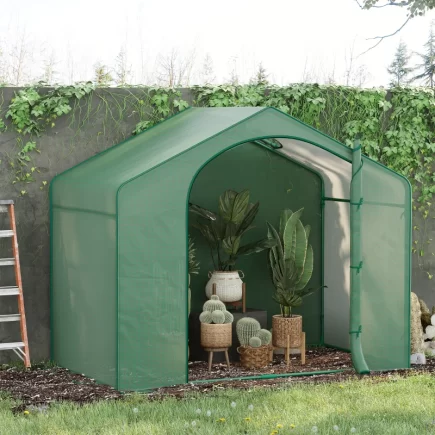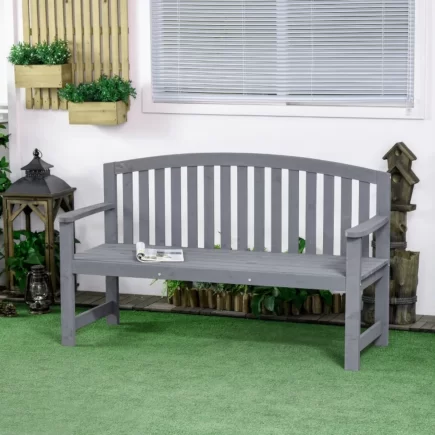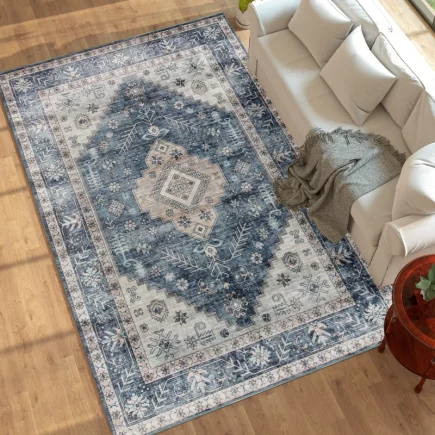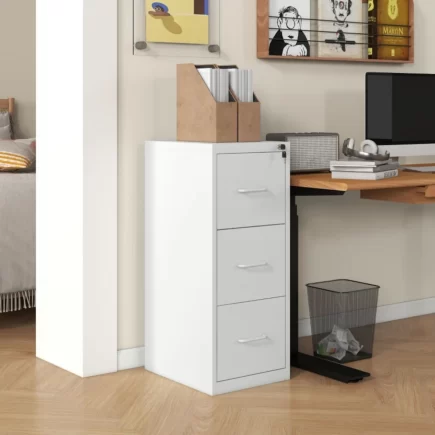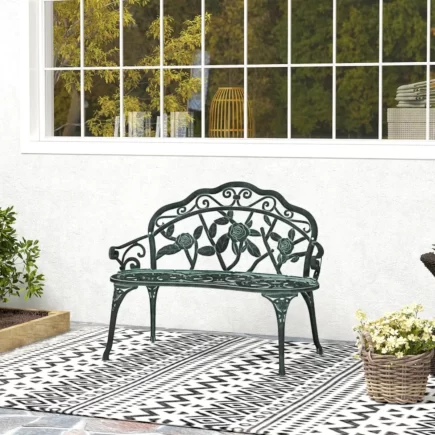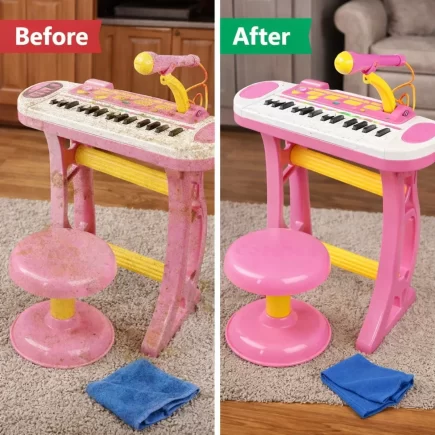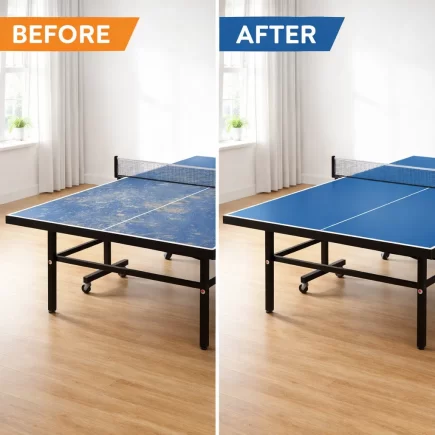
Fence panels play a significant role in providing privacy, security, and aesthetic value to your property. However, over time, dirt, grime, and environmental debris can not only diminish their visual appeal but also lead to long-term wear and damage if left unattended. By incorporating a consistent cleaning routine, you can ensure your fence looks fresh and remains structurally sound year after year. Establishing this routine sets a strong foundation before diving into the detailed methods of how to clean fence panels effectively.
Essential Tools and Materials
Before you get started, ensure you have the right tools and cleaning products. Here’s a checklist tailored for each fence material type to make the process hassle-free.
| Tool/Material | Purpose |
| Soft-bristled brush | Removing dust and surface dirt gently |
| Wire brush | Scrubbing off rust from steel fences |
| Sponge or cloth | Applying cleaning solutions evenly |
| Garden hose | Rinsing dirt and cleaning solutions |
| Mild detergent | General cleaning without damaging the metal |
| Vinegar-water mix | Eco-friendly treatment for tough grime |
| Rust converter or primer | Protecting areas prone to rust |
| Protective gloves | Keeping hands safe while cleaning |

Cleaning Metal Fence Panels: Step-by-Step Process

Metal fences, including wrought iron or aluminum, are robust but require attention to resist rust and grime. Cleaning them occasionally ensures their sleek look and longevity.
Step 1: Remove Dust and Surface Rust
Use a soft brush to sweep away dirt, dust, and cobwebs. For rusty areas, scrub gently with a wire brush to break apart rust patches.
Step 2: Wash with Detergent Solution

Mix warm water with mild detergent. Dip a sponge or soft-bristled brush into the soapy mixture and clean the fence thoroughly, focusing on areas affected by dirt or stains.
Step 3: Rinse Clean

Spray the fence with a garden hose to rinse off all soap and debris. Be thorough to prevent soap spots, as these can dull metal surfaces.
Step 4: Address Severe Rust
For large rusted patches, use sandpaper to smooth the metal. Apply a rust converter that chemically transforms rust into a stable layer. This prevents further corrosion.
Step 5: Dry Thoroughly
Dry the panels manually with a soft cloth to prevent watermarks and new rust formation. Allowing pooled water to linger can lead to quick rusting.
Step 6: Add a Protective Layer
Consider applying a metal primer or rust-inhibiting spray for a durable protective coat, especially in humid or rainy climates.
Note: Avoid chemical cleaning products that could corrode metal surfaces without proper testing or expert advice.
Cleaning Decorative Garden Fencing
Decorative garden fencing often has intricate designs and ornamental details, which require extra care during cleaning to avoid damaging its appearance. Here’s how to handle these fences gently yet effectively.

Step 1: Remove Surface Dust and Cobwebs
Use a soft-bristled brush or cloth to remove loose dust and cobwebs. Intricate areas may be harder to reach, so a small toothbrush can be helpful for detailing.
Step 2: Spray Gentle Cleaning Solution

Mix a mild soap solution in a spray bottle and lightly mist the decorative fencing. Work one section at a time, and focus on the delicate designs. Avoid using abrasive cleaners that might scratch or dull painted surfaces.
Step 3: Clean Intricate Details
Using a soft sponge or cloth, scrub the surface gently. Take extra time to clean around ornate edges, as grime can build up in these areas. For stubborn spots, dip the sponge in a vinegar-water mix and scrub lightly.
Step 4: Rinse with Care

Spray the entire fence with clean water using a garden hose. Be thorough in removing all soap and vinegar to prevent streaking, especially on glossy finishes.
Step 5: Dry Completely
Allow the fencing to air dry in the sun or use a soft cloth to wipe it down manually if you’re in a hurry. Moisture left on decorative fencing can dull the surface over time.
Pro Tip: Apply a metal-safe protective wax or polish to restore the fencing’s shine and provide an added layer of protection against weathering.
Stain Removal for Tough Spots

Some stains may persist even after general cleaning. Here’s a quick guide to removing common stains on steel fence panels, decorative garden fencing, and privacy metal screens:
| Stain Type | Solution |
| Rust | Use a wire brush or sandpaper + rust primer |
| Water Marks | Apply vinegar-water mix, scrub gently |
| Mold or Algae | Treat with vinegar solution, rinse thoroughly |
Keeping Your Fence Panels Spotless
By following these specific methods for steel fence panels & decorative garden fencing, you’ll enjoy clean, elegant outdoor fixtures year-round. Each cleaning process is tailored to the unique needs of these products, ensuring effective results without compromising their structure or design. From removing rust to preserving intricate finishes, these techniques work for fences of all styles and sizes. For premium-quality Garden Fence Panels and accessories, visit the Aosom collection and explore versatile, durable, and affordable options to enhance your outdoor space beautifully.
FAQs
1. How often should metal fences be cleaned to prevent rust?
Clean metal fence panels every 3-6 months, especially if exposed to harsh weather or coastal conditions. Use mild soap and water to remove grime. Inspect for rust regularly, addressing it with a rust-inhibiting primer. Seasonal maintenance prevents moisture buildup and ensures durability through proper drainage and protective sealants.
2. What’s the best method to remove rust from steel fences?
To remove rust, scrub affected areas with a wire brush or sandpaper. Treat deep corrosion with a rust converter for stabilization. Use white vinegar or baking soda paste for natural solutions. Finish with a rust-inhibiting primer and paint to prevent recurrence and protect the steel.
3. How to remove water stains from metal fences effectively?
Hose down the fence to remove debris. For light stains, scrub with soapy water. Tackle tougher spots using equal parts vinegar and water. For stubborn stains, use specialized metal cleaners. Rinse thoroughly and dry to prevent further spots. Optional waxing adds extra protection against moisture.

